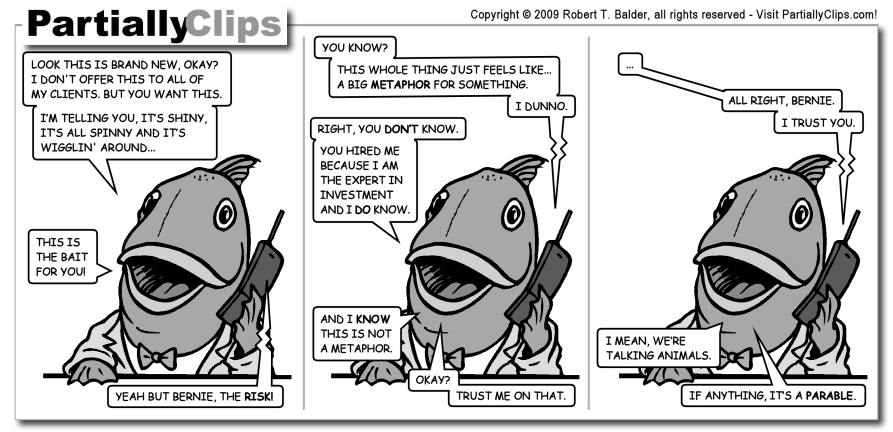Nicola at The Snark Ascending observes:
The other day at the library, I watched with horror as the kid next to me, doing his Chinese homework online, looked up the word “sheng,” yielding a list something like the following:
SHENG (n.) – river
SHENG (n.) – stoat
SHENG (v.) – to need
SHENG (v.) – to follow
SHENG (v.) – to develop glaucoma
SHENG (v.) – to give a mouse a cookie
SHENG (p.) – buttercup seen on a Tuesday at 5:08 (Celsius)
SHENG (b.) – sodium benzoate (to preserve freshness)
SHENG (x.) – forgotten actor Jeff Conaway
SHENG (n.b.c.) – E-Z-Bake Oven
SHENG (b.y.o.b.) – junk mail, especially certain ads for carpet cleaners, but NOT other certain ads for carpet cleaners, and you should know which ones are which, ass-face
SHENG (a.a.r.p.) – A little to the left
SHENG (i.h.o.p.) – Ooh, that’s good
And that’s just a small sampling. I haven’t even gotten into urinary-tract connotations, sporting-event cheers, dog breeds, etc.
Amusing — but this is one of the many cases where scholarship is at least as funny as fiction.
Read the rest of this entry »




